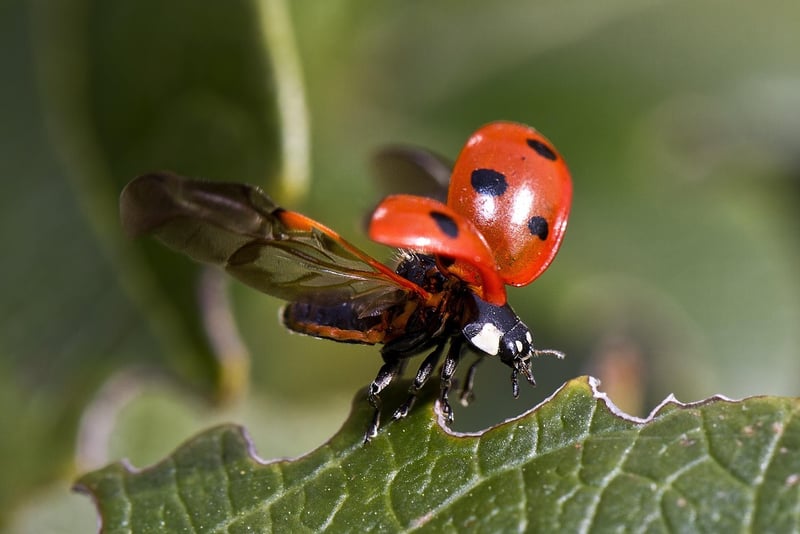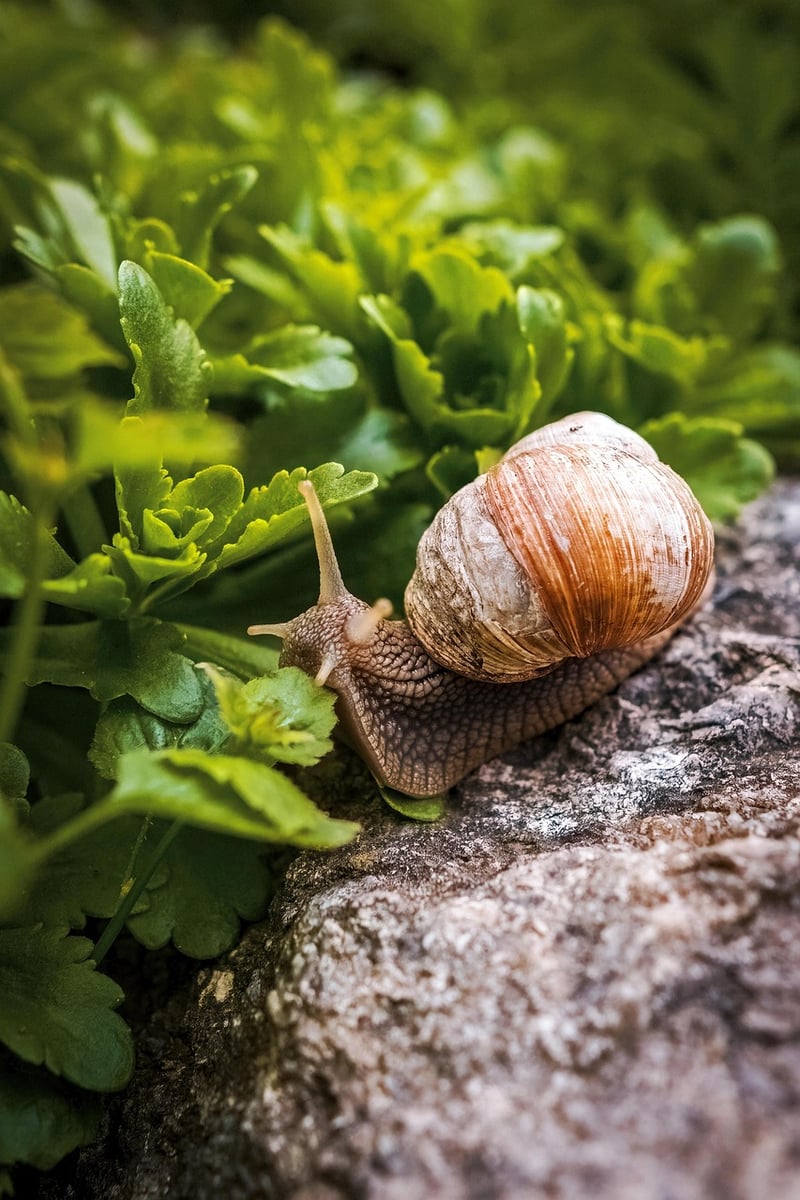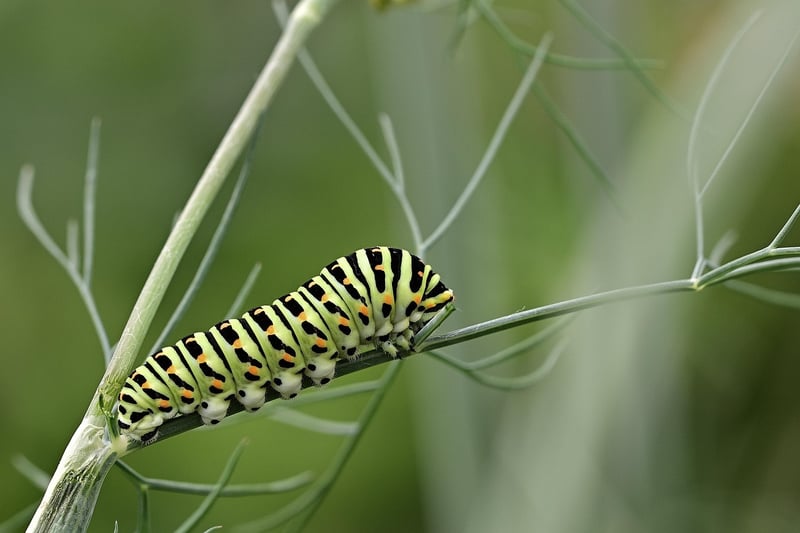Pest Control
Keeping Your Garden Healthy: Pest Control Tips
Welcome to our guide on maintaining a healthy garden through effective pest control practices. A flourishing garden not only adds beauty to your home but also provides a peaceful retreat. However, pests can quickly turn your garden into a battleground if left unchecked. Let's explore some eco-friendly strategies to keep pests at bay while promoting a thriving garden ecosystem.
1. Identify Common Garden Pests
Before implementing pest control measures, it's crucial to identify the common pests that may target your plants. These could include aphids, snails, slugs, caterpillars, and more. Observing your plants regularly can help you spot any signs of pest infestations early on.
2. Encourage Beneficial Insects
Introducing beneficial insects like ladybugs, lacewings, and parasitic wasps can help naturally control pest populations. These insects prey on common garden pests, acting as a natural form of pest control. You can attract these beneficial insects by planting diverse flowering plants and herbs.
3. Use Natural Remedies
Homemade remedies like neem oil, garlic spray, or soap solution can effectively deter pests without harming beneficial insects or plants. These natural alternatives are safe for the environment and can be easily made at home.
4. Practice Crop Rotation
Rotating your crops annually can help disrupt the life cycles of pests that target specific plants. By changing the planting locations of your crops each season, you can reduce the buildup of pests in the soil and minimize infestations.
5. Maintain Garden Hygiene
Regularly remove weeds, fallen leaves, and debris from your garden, as these can harbor pests and diseases. Proper sanitation practices can prevent pest infestations and promote overall plant health.
6. Invest in Physical Barriers
For larger pests like rabbits or deer, installing physical barriers such as fences or netting can protect your garden from being ravaged. Make sure these barriers are properly installed and regularly maintained.
7. Consider Companion Planting
Strategically planting companion plants that repel pests or attract beneficial insects can improve pest control in your garden. For example, marigolds can deter nematodes, while planting dill can attract predatory insects.
8. Monitor and Act Swiftly
Regularly inspect your plants for any signs of pest damage or infestation. Early detection allows for prompt action, preventing pests from causing extensive harm to your garden. Act swiftly with the appropriate pest control method once pests are identified.
By following these eco-friendly pest control tips and maintaining a vigilant approach, you can nurture a healthy garden teeming with vibrant plant life. Remember, a balanced garden ecosystem is the key to long-term pest management and sustainable gardening practices.
Happy gardening!



